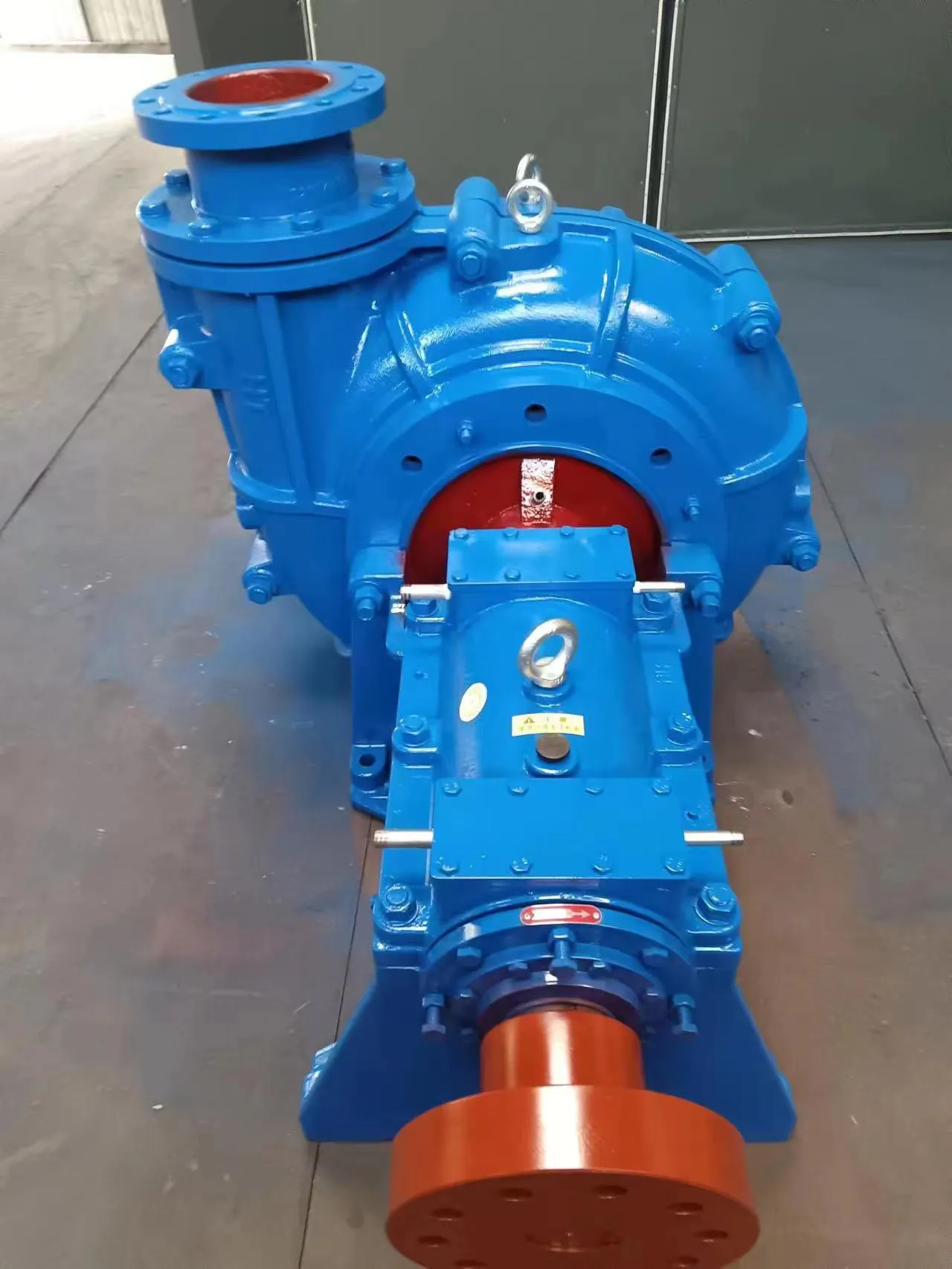Khmer
- Afrikaans
- Albanian
- Amharic
- Arabic
- Armenian
- Azerbaijani
- Basque
- Belarusian
- Bengali
- Bosnian
- Bulgarian
- Catalan
- Cebuano
- Corsican
- Croatian
- Czech
- Danish
- Dutch
- English
- Esperanto
- Estonian
- Finnish
- French
- Frisian
- Galician
- Georgian
- German
- Greek
- Gujarati
- Haitian Creole
- hausa
- hawaiian
- Hebrew
- Hindi
- Miao
- Hungarian
- Icelandic
- igbo
- Indonesian
- irish
- Italian
- Japanese
- Javanese
- Kannada
- kazakh
- Khmer
- Rwandese
- Korean
- Kurdish
- Kyrgyz
- Lao
- Latin
- Latvian
- Lithuanian
- Luxembourgish
- Macedonian
- Malgashi
- Malay
- Malayalam
- Maltese
- Maori
- Marathi
- Mongolian
- Myanmar
- Nepali
- Norwegian
- Norwegian
- Occitan
- Pashto
- Persian
- Polish
- Portuguese
- Punjabi
- Romanian
- Russian
- Samoan
- Scottish Gaelic
- Serbian
- Sesotho
- Shona
- Sindhi
- Sinhala
- Slovak
- Slovenian
- Somali
- Spanish
- Sundanese
- Swahili
- Swedish
- Tagalog
- Tajik
- Tamil
- Tatar
- Telugu
- Thai
- Turkish
- Turkmen
- Ukrainian
- Urdu
- Uighur
- Uzbek
- Vietnamese
- Welsh
- Bantu
- Yiddish
- Yoruba
- Zulu
Telephone: +86 13120555503
Email: frank@cypump.com
កក្កដា . 27, 2024 06:28 Back to list
Understanding Residential Sewage Pumps and Their Importance for Home Waste Management Systems
Understanding Residential Sewage Pumps An Essential Component for Home Waste Management
Sewage pumps are vital components in modern residential plumbing systems, especially for homes not connected to a municipal sewer system. Understanding how these pumps work, their importance, and when they are necessary can help homeowners make informed decisions about their waste management systems.
What are Residential Sewage Pumps?
Residential sewage pumps are mechanical devices designed to move wastewater from a home to a sewer system or a septic tank. Unlike regular sump pumps that primarily handle groundwater, sewage pumps are built to manage wastewater, which contains solids and other debris. These pumps are typically installed in basements or lower levels of a home, where wastewater may need to be elevated to reach the main sewer line.
How Do Sewage Pumps Work?
Sewage pumps operate using a simple yet effective mechanism. When wastewater enters the pump, a float switch detects the water level and activates the motor. The motor powers an impeller, which spins and creates suction, drawing the waste into the pump. The impeller then forces the wastewater through a discharge pipe, propelling it towards the sewer line or septic system. This process ensures that waste is effectively removed from the home and prevents potential flooding or backup, which can cause significant damage.
Importance of Residential Sewage Pumps
1. Preventing Backups One of the primary benefits of having a sewage pump is the prevention of sewage backups. When homes are situated below the level of the municipal sewer line, gravity alone cannot move wastewater effectively. Sewage pumps eliminate this issue, ensuring that wastewater flows smoothly and efficiently out of the home.
2. Improving Hygiene and Sanitation Proper waste management is essential for maintaining hygiene and sanitation in the home. Sewage pumps help to keep wastewater moving, reducing the risk of lingering odors, mold, and bacterial growth that can occur with stagnant water.
sewage pumps/residential

3. Wider Home Design Options For homeowners considering renovation or expansion, having a sewage pump can provide more flexibility with home design. Bathrooms, laundry rooms, or kitchens can be added to basements or lower levels without the concern of plumbing complications, as the pump can elevate and transport waste seamlessly.
4. Protecting Your Home’s Value A home with effective wastewater management is generally more appealing to buyers. By investing in a quality sewage pump system, homeowners can protect their property’s value and enhance its marketability.
When Do You Need a Sewage Pump?
Not every home requires a sewage pump. Generally, homes that are situated lower than the connection point to the public sewer line or those with basements below the main sewer level will need one. Additionally, homes that have bathrooms, kitchens, or laundry rooms located below the sewage line elevation will benefit significantly from having a sewage pump installed.
Maintenance and Care
To ensure the longevity and efficient operation of a sewage pump, regular maintenance is necessary. Homeowners should routinely inspect the pump for clogs, ensure that the float switch is functioning correctly, and check for any signs of wear or damage. It’s also recommended to schedule professional inspections at least once a year.
Conclusion
Residential sewage pumps play a critical role in effective waste management. They prevent backups, improve sanitation, and provide design flexibility for homeowners. By understanding the function and importance of sewage pumps, homeowners can better maintain their systems and ensure a healthy living environment. Investing in proper installation and routine maintenance will ensure that these essential devices continue to work efficiently for years to come.
-
Custom Drilling Mud and Slurry Pump Supplier - High Efficiency, Tailored Solutions
NewsJun.10,2025
-
Supply Vertical Submersible Sewage Pump High-Efficiency WQ/QW Pumps Supplier
NewsJun.10,2025
-
Premium Sewage Ejection System & Pumps Efficient Waste Removal
NewsJun.09,2025
-
Premium Wholesale Slurry Pump Impellers Durable & Efficient Slurry Handling
NewsJun.09,2025
-
Top Sewage Pump Companies Durable Industrial Solutions for Efficiency
NewsJun.09,2025
-
Heavy Duty Slurry Pumps - OEM High Performance & Bulk Wholesale
NewsJun.09,2025










